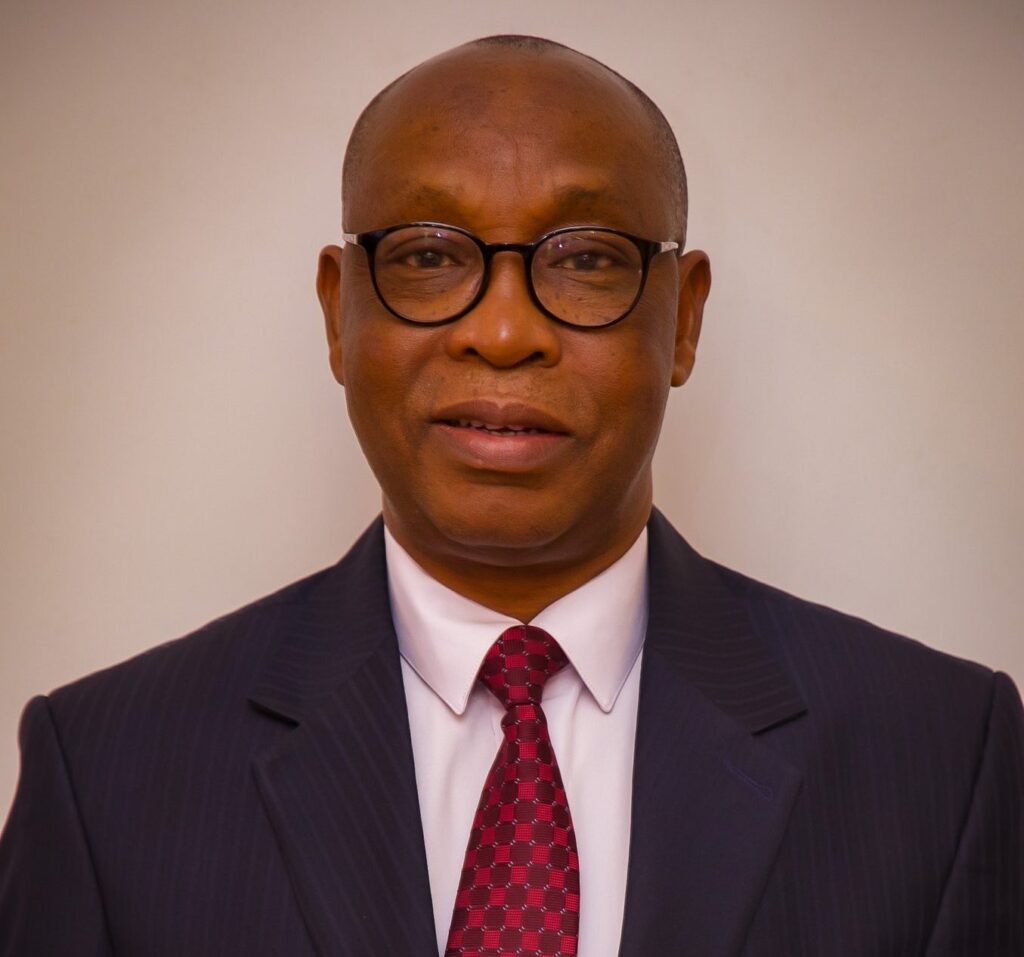The Nigeria Extractive Industries Transparency Initiative has introduced a comprehensive Energy Transition and Climate Accountability Framework aimed at repositioning Nigeria’s extractive sector for climate-resilient governance and sustainable development.
Unveiled at the statutory meeting of the NEITI National Stakeholders Working Group held in Umuahia, Abia State, the new framework aligns with Nigeria’s national Energy Transition Plan, international climate obligations under the Paris Agreement, the Sustainable Development Goals, and the 2023 Extractive Industries Transparency Initiative Standard.
A statement signed by the NEITI Executive Secretary, Orji Ogbonnaya Orji, said the framework redefines NEITI’s role in energy transition by introducing a transparent and accountable mechanism for monitoring climate-related risks and reforms across the oil, gas, and solid minerals sectors.
“The framework positions Nigeria at the forefront of climate-compliant resource governance,” Orji said. “It is our bold response to the urgent need for transparency in how oil investments and divestments affect host communities and the environment.”
The initiative introduces mechanisms for tracking greenhouse gas emissions and climate-related financial risks, monitoring divestments by international oil companies, overseeing the implementation of host community development trusts as prescribed in the Petroleum Industry Act, promoting just transition planning and corporate climate disclosures, and aligning NEITI’s industry reports with national instruments such as the nationally determined contributions and the energy transition plan.
To ensure implementation, NEITI has outlined key actions including improved sectoral reporting, stakeholder engagement, inter-agency coordination, and biannual performance reviews.
The framework is being developed with support from the Ford Foundation as part of an ongoing study on the impacts of the energy transition on Nigeria’s oil-reliant economy.
Orji reaffirmed NEITI’s commitment to leading sector reforms that balance global sustainability goals with Nigeria’s development priorities. “We will continue to ensure that resource governance promotes social and environmental justice across extractive communities,” he said.
At the same meeting, NEITI commended the Nigerian Upstream Petroleum Regulatory Commission for “notable progress” in the conduct of the 2022–2023 Mini Bid Round and the ongoing 2024 Licensing Round.
The commendation followed NEITI’s independent observation and monitoring of the pre-qualification and technical bid processes in line with its statutory mandate under the PIA and the global EITI framework.
A newly released advisory report from NEITI, presented to the NSWG, praised NUPRC’s efforts, citing “notable improvements in inclusivity, digitalisation, and procedural integrity”.
Describing the licensing rounds as “significant milestones in Nigeria’s upstream petroleum sector”, the report said the initiatives were structured to attract credible investors, unlock hydrocarbon potential, and drive national development.
It noted that the bidding processes were professional, transparent, and largely aligned with established criteria, with special recognition given to concessions granted to indigenous and emerging firms—a move seen as enhancing public trust and stakeholder participation.
However, the report also identified areas for improvement, including strengthening evaluation methodology and scoring metrics, enhancing transparency in results disclosure, improving public access to bidder information, ensuring full disclosure of beneficial ownership and integrating technical and commercial assurance into bid assessments.
The report offered specific, actionable recommendations to improve future licensing rounds, emphasising standardised scoring, robust disclosure practices, and consistent engagement with civil society and industry players.
“The NSWG commended NUPRC’s cooperation with NEITI and encouraged the adoption of the recommendations outlined in the advisory,” Dr Orji said. “We remain committed to working collaboratively with regulators, civil society, and industry stakeholders to institutionalise transparency, good governance, and sustainable development in Nigeria’s extractive industries.”















